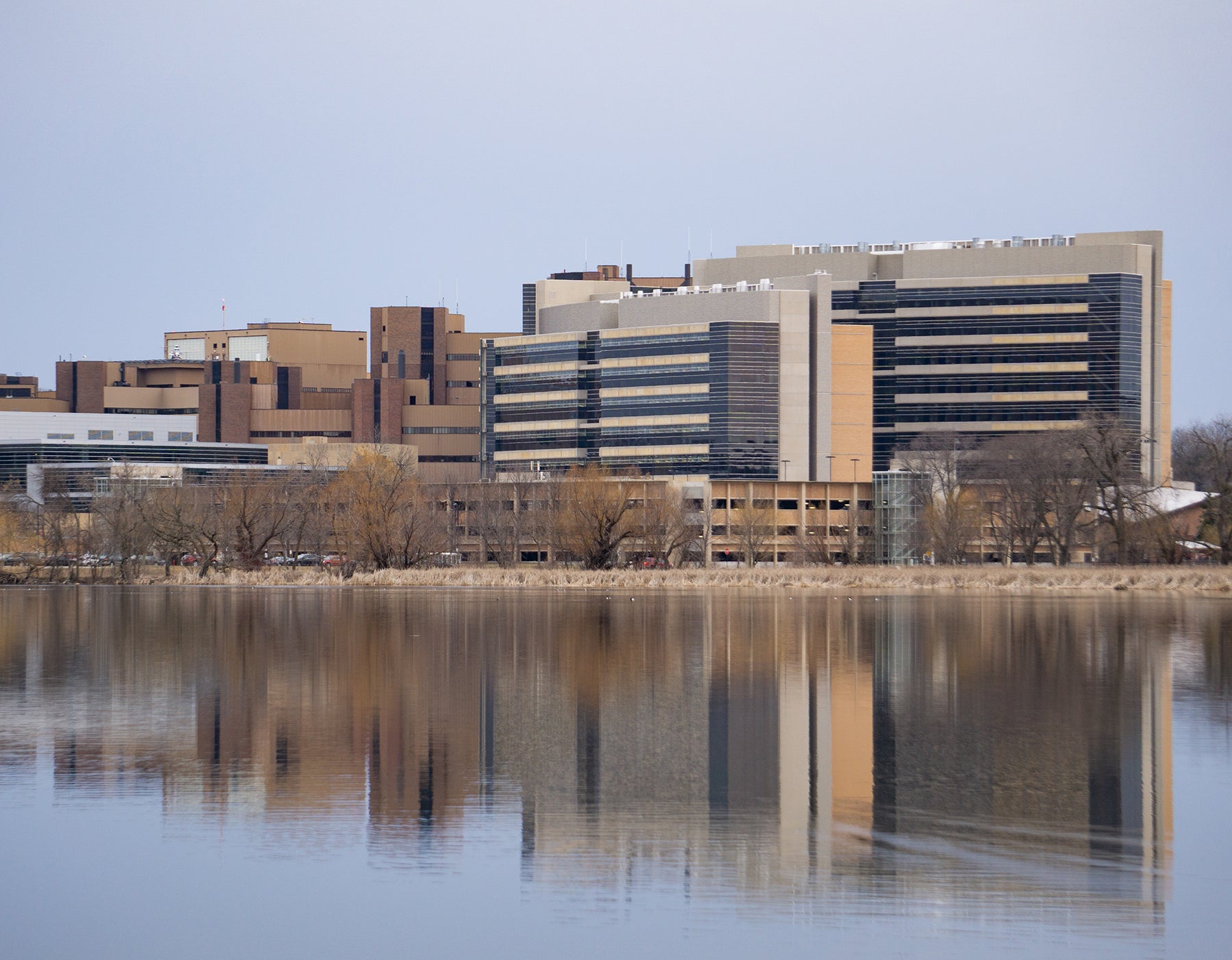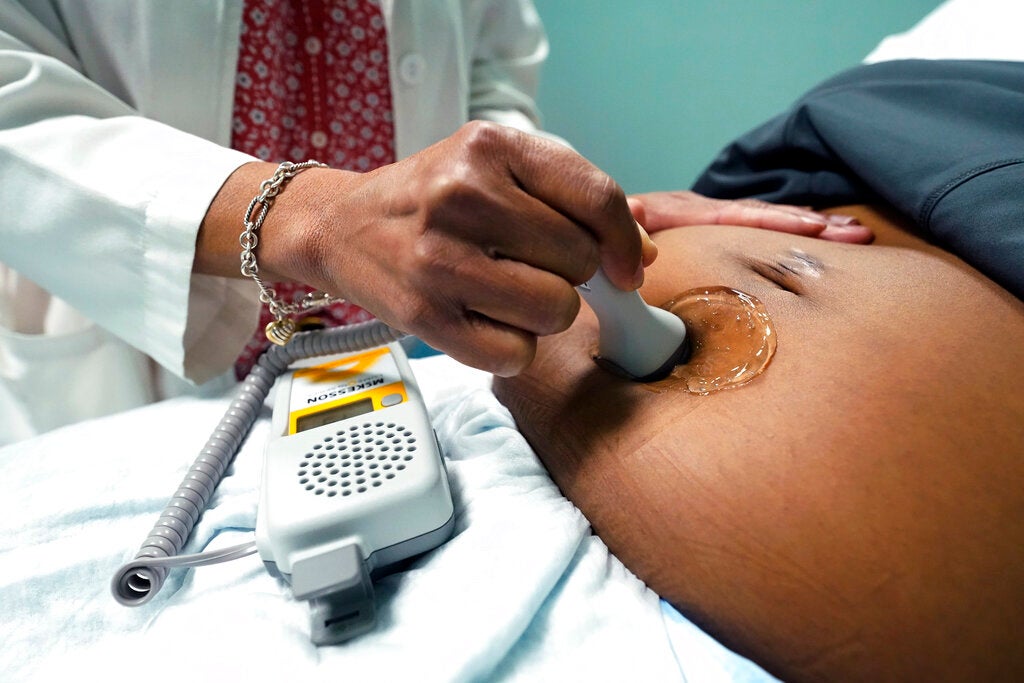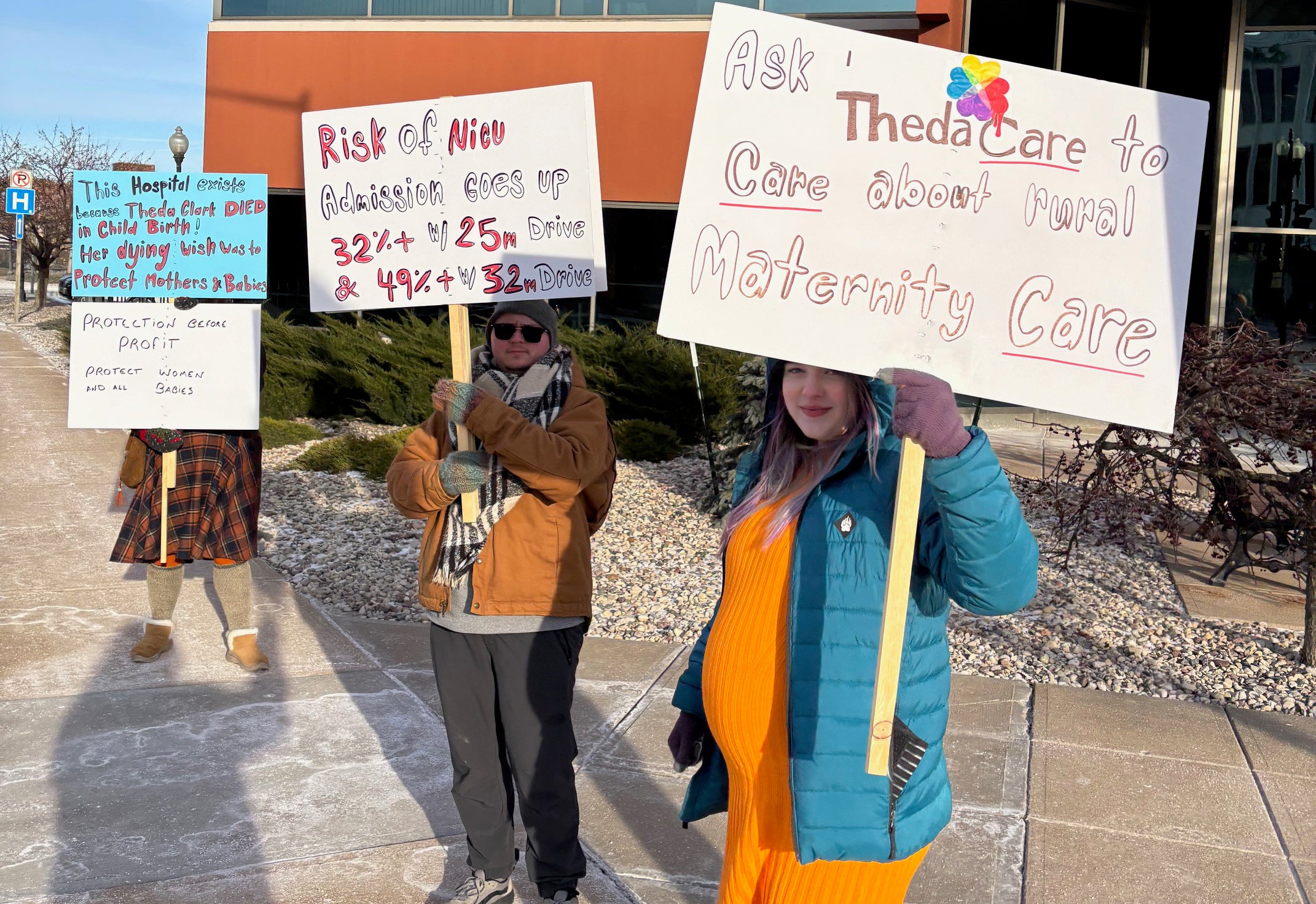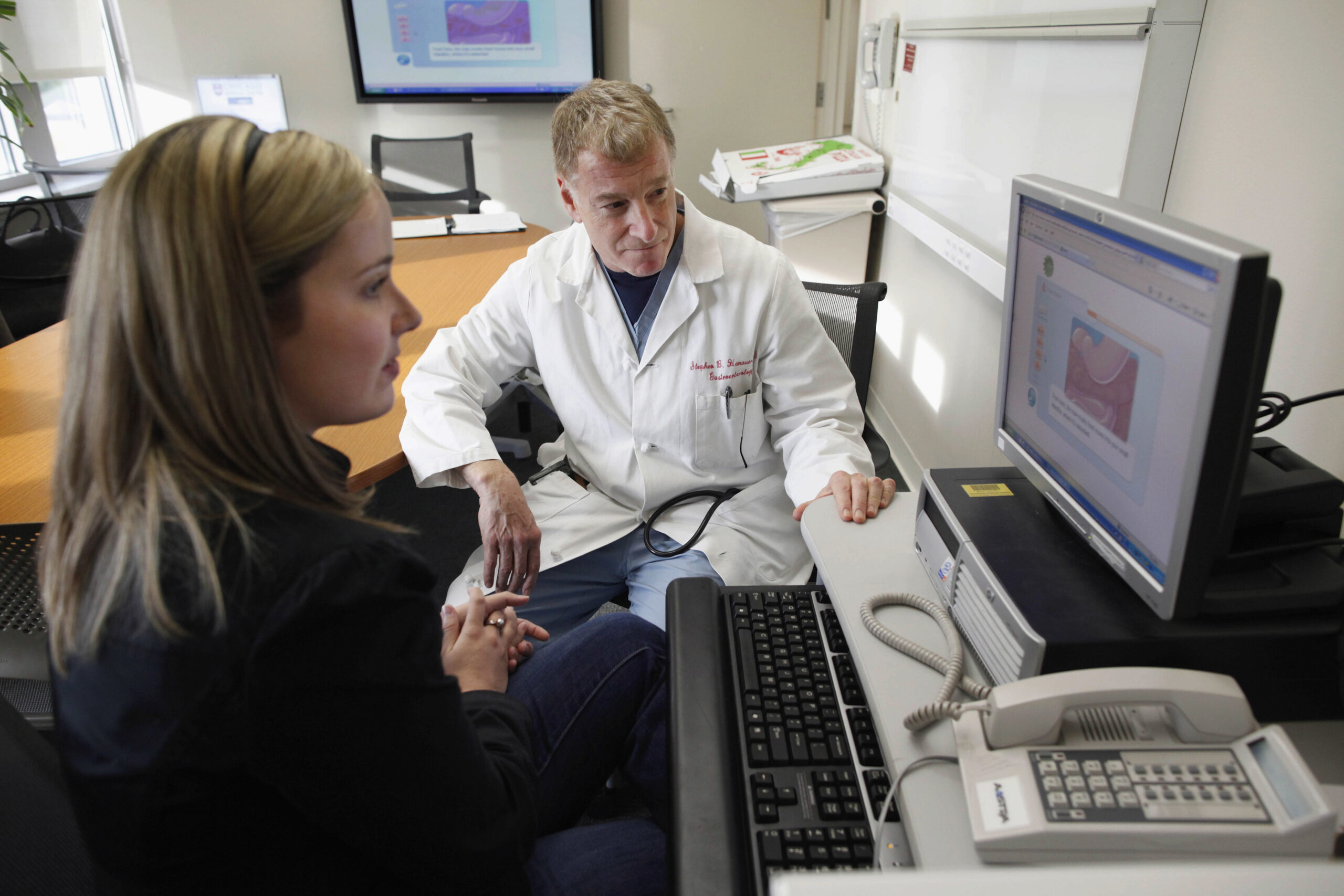The number of older residents in Wisconsin is high compared to other states; that means the demand for health care is expected to rise at a time when the number of medical professionals is dwindling.
Rep. Ed Brooks, R-Reedsburg, says he wants to draft legislation aimed at bolstering an aging health care workforce by training more workers in specialties needed the most such as OB-GYN and mental health.
“We can leverage the doctors that we have by having other advance practitioners there,” Brooks said of preparing for the predicted doctor shortage in the state.
Stay informed on the latest news
Sign up for WPR’s email newsletter.
The high-skilled workers Brooks has mentioned include nurse practitioners and physician assistants.
A group of 23 Republican lawmakers plan to introduce a package of rural health care bills next session totaling $3.5 million as part of the Rural Wisconsin Initiative, which seeks to improve health care, education, technology and workforce issues.
Where health professionals are trained does makes a difference in what parts of the state have health care professionals, said Steven Rush, vice president of workforce and clinical practice at the Wisconsin Hospital Association.
“We have some data, very recent data, that shows 75 percent of nurses stay where they were trained,” Rush said.
Wisconsin’s population is 5.7 million, 1.5 million live in rural areas, according to WHA.
Younger residents are leaving rural parts of the state and need incentives to stay in order for communities to thrive, Brooks said.
“Stop the spiral, stabilize it, then reverse it to attract people back to rural areas so that we can (have) more people to work jobs, so that employers can expand, so that we can have more opportunities for our schools,” Brooks said.
Wisconsin Public Radio, © Copyright 2025, Board of Regents of the University of Wisconsin System and Wisconsin Educational Communications Board.





